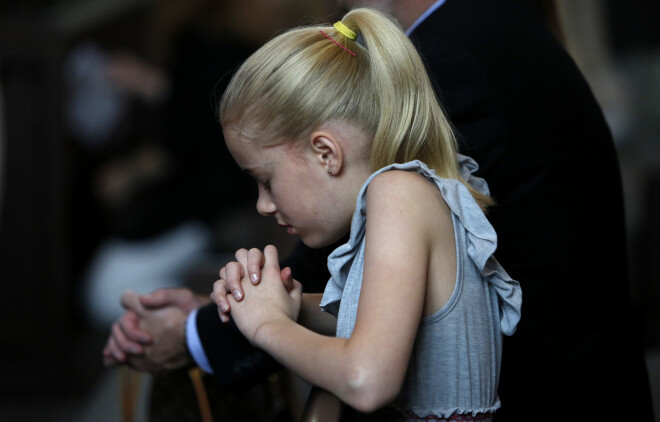The Human as Justified: "At Once Justified and a Sinner"

We have been describing what we know of ourselves from the Word of God, and how that puts into focus the knowledge we have of ourselves on our own account. Being creatures, being sinful, being individuals yet corporate: these do not go away once we are redeemed. You might say that we have layers, one upon the other, or that we are the sum of our collective story: created, falled, redeemed, hopeful. All of these together describe us, who stand in the midst of salvation history at once decisively directed by Christ and yet still in motion. As a result, a single adjective will not do to define us. Rather we need a way of speaking that captures how we are yet a work-in-progress in God’s hands, and yet how our future has been settled, not by our own doing, but by that of God-in-Christ. We need a way of talking then which is dynamic, which indicates this motion, which is ‘dialectical’, that is, which includes a human ‘no’ and a more important divine ‘yes’ all at once. For so we are.
Leaning on the terminology of St. Paul, and in particular his emphasis on the contrast between our efforts to determine and even save ourselves (works) and God’s action on our behalf in Christ (grace), the key term here is justification. We might define it as being put right by God. We are already set right, before and outside of anything we do, by Christ. But we are not yet a finished product. We are still growing into what we are already declared by the merciful divine word to be. Put it this way - looked at on our own, we remain flawed, but looked at from the God’s eye-view, we are already what we are declared to be, and what we shall be, on the last day, standing before Him. The classic expression of this is from Martin Luther, that we are simul justus et peccator, at once justified and a sinner. In contrast to medieval ways of thinking, where justification was something we reached only at the end, after a lifetime of striving and uncertainty, this more radical claim of the Gospel, is that we now are the recipients of that final verdict, ‘justified!’ by virtue of what Christ has done.
To review, one result of being justified is that we can in a sense say that faith is certain. This does not mean that we are now without times of weakness and doubt. But it does mean that who we are is determined by the One declaring us to be set right. He is trustworthy, even if our own sense of ourselves isn’t. Here we may cite St. Thomas Aquinas, who says that if we look to the One in whom we hope, we are ‘certain’, since He is perfectly trustworthy, though we are not so if we look to ourselves who are doing the looking and hoping. Here too we need to say two things at once to capture our situation ‘on the road,’ in via.
Google Wikipedia’s ‘Theology of Martin Luther’



